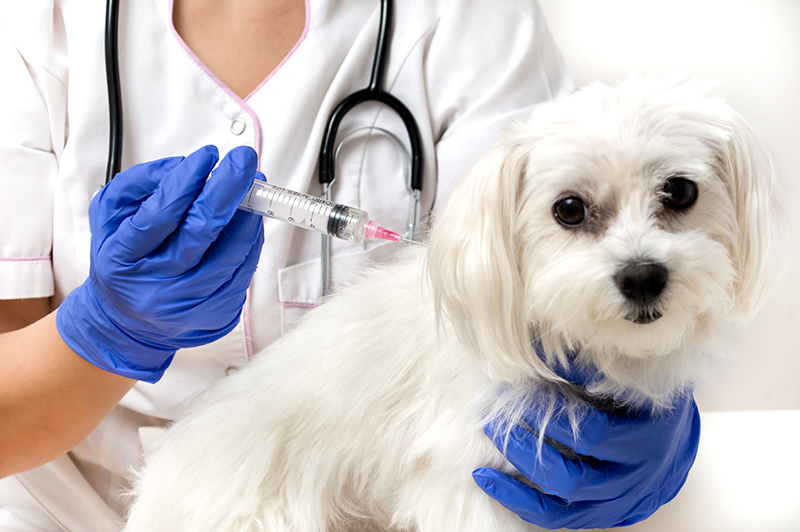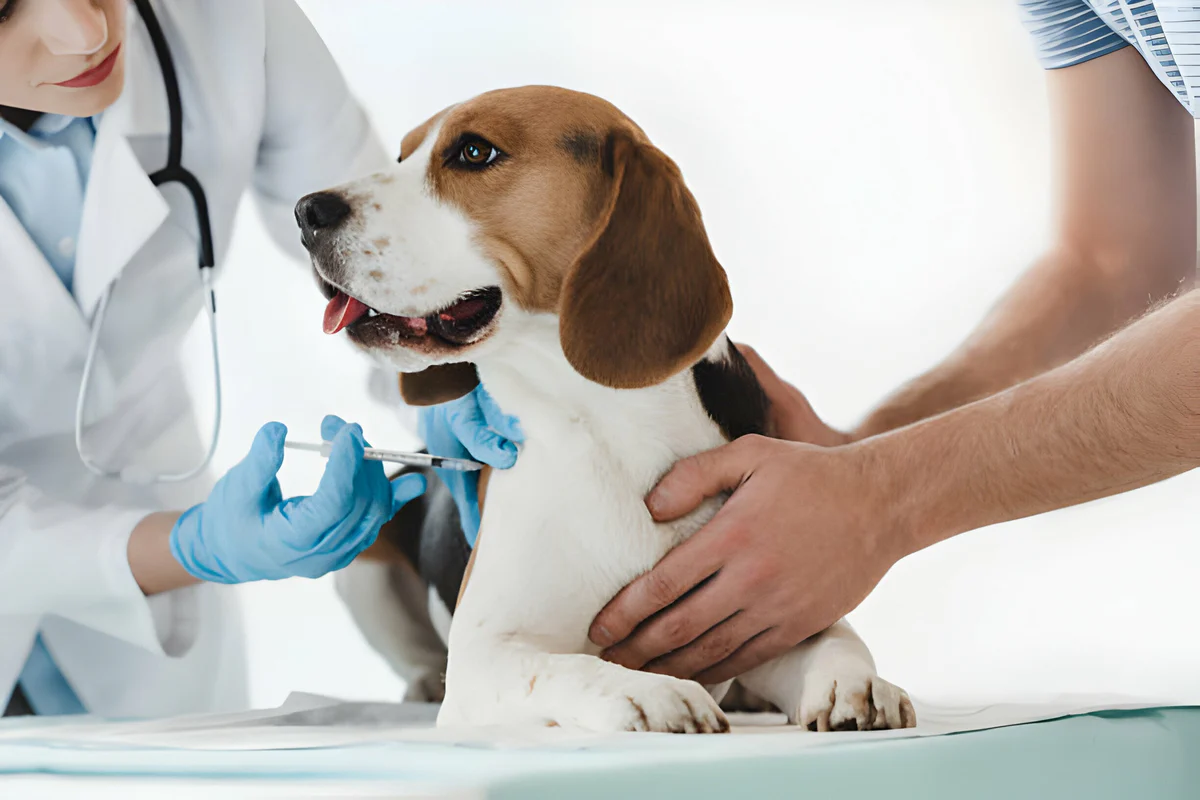One of the responsibilities that accompany pet ownership is regular vet visits and keeping up with a proper vaccination program, both of which help ensure your furry pal will live a long strong life! In this article, we will answer all the questions related to the vaccination of pets performed by a veterinarian in Bradenton, FL.
Are Vaccinations Safe?
Some of the most important questions pet owners have are related to vaccination safety. Vaccines are generally safe and require extensive clinical studies before they get the green light. Side effects are typically minor and short-lived, such as a low-grade fever, sleepiness, or redness/swelling where the shot was given. “Although serious reactions are rare if your pet received an injection and you notice swelling at the injection site after a few hours or days that is enlarging in size; vomiting; diarrhea; weakness; pale gums: or other signs of distress like coughing, difficulty breathing, itchiness around the face or feet.”
Can Older Pets Be Vaccinated?
If you are bringing an older, possibly already ailing pet into your family they will likely require some modifications to their vaccination schedule, as well. It’s important to have a serious conversation with your veterinarian – weighing the risks and benefits for every pet.
Why booster shots are needed?
Boosters are essential to strengthen the immune response of a pet and provide longer protection against diseases. While the first shot of a vaccine may prepare an immune system, immunity can fade as time goes on. “Booster shots awaken the immune system, working as a wake-up call to fight off infections. Regular boosters form a part of this strategy to retain good levels of immunity in one’s pet throughout his/her life.

What If I Miss a Vaccination?
Sometimes pet owners forget to get the vaccination done and worry about what will happen next. “A missed vaccine means that your pet’s protection may be reduced; however, this isn’t usually catastrophic if treated quickly,” the article notes. Fortunately, a catch-up vaccination plan can be provided by your vet to get your pet back up to date.
Is There Anything Else Used Instead of Yearly Vaccinations?
As many owners become more educated on the topic, vets are occasionally asked to provide evidence of vaccine history in place of yearly vaccination. Titer tests measure antibodies in a pet’s blood, providing the level of immunity they still have to specific diseases. Though titer testing is a helpful tool as we work towards more balanced and individualized vaccination practices, some diseases may not be entirely protected against by mere measuring of antibodies.
Addressing these frequently asked questions will enable veterinarians to provide the necessary guidance for pet owners so they can have a well-defined judgment on the health of their pets. Make clear and knowledgeable communication about vaccinations to guarantee that pets get the protection they need while providing dependable, secure prevention against preventable illnesses.


